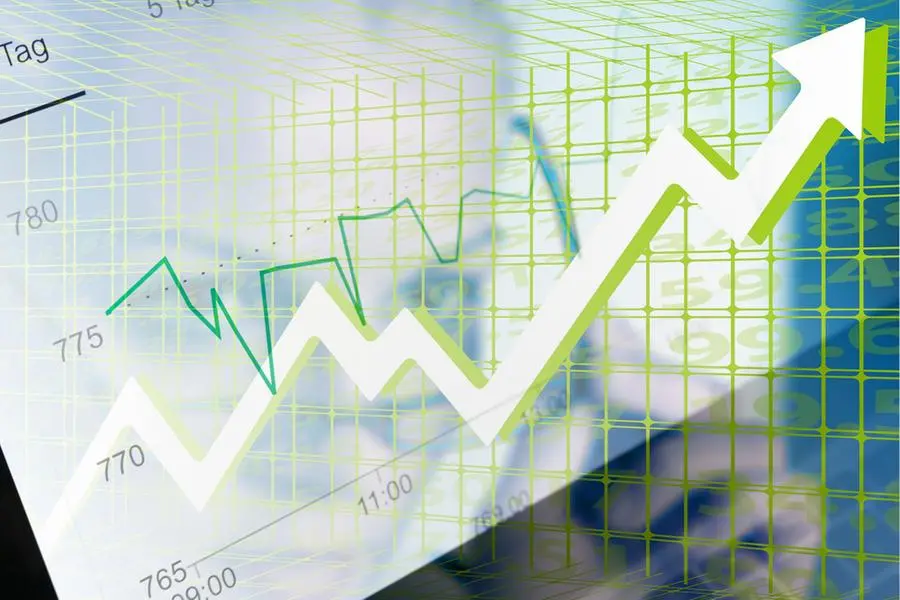PHOTO
As the Russia-Ukraine war keeps raging, Africa’s consumer price indices (CPI) are expected to be more aggressively hit by rising international food prices than those in advanced economies, a situation that raises fears of economic turmoil and social unrest, according to Oxford Economics.
The impact stems from the fact that foodstuff has the lion’s share of consumer spending in the world’s poorest continent. “In advanced economies food typically accounts for up to 15% of the basket of household CPI,” Oxford Economics said in a research note. “In Africa, in turn, food's share in the consumer basket exceeds 25% for most countries, with some countries including Ethiopia, Zambia, Sudan, and Nigeria having food weightings above 50%.”
Also, the high dependence on food imports, namely wheat, is expected to exacerbate the pressures on many African households which have already been struggling with an upward inflation curve for nearly two years, it said. In its latest economic outlook, the International Monetary Fund forecast an inflation rate of 12.2 percent for all Sub-Saharan Africa in 2022. Yet, in some countries such as Ethiopia and Angola, inflation rates are expected to reach 34.5 and 23.9 percent respectively.
The Oxford Economics report also shows that war-triggered economic pressures come against the backdrop of high unemployment rates in several African countries.
“In March this year, food prices in Nigeria were already 48% higher than at the end of 2019, while unemployment increased from 23.4% in 2019 to 32% in 2021. South Africa's food prices in March were 14.2% higher than at the end of 2019, while unemployment increased from 28.7% to an all-time high of 34.3% during this period.”
Most African governments find themselves between a rock and a hard place. To ease the economic pressures and contain public outrage, some governments are prioritizing subsidies and relief packages over fiscal reforms, which will weigh on their balance of payments down the road. “Egypt and Nigeria have delayed plans to scrap food and fuel subsidies, Kenya has extended fuel subsidies, South Africa has temporarily cut fuel levies and has extended pandemic-era grants, and Morocco has implemented a host of social transfers,” the report noted. Such policies are expected to reflect on the size of public debt as a proportion of GDP over the long-term in some countries.
On the other hand, countries like Tunisia and Ghana, which are already facing the risk of debt default, cannot follow the same course. Hence, they run a higher risk of a popular backlash, expected the report pointing out to the fact that to social protests over high inflation rates have already erupted in a number of African countries including South Africa, Tunisia, Ghana and Morocco.
(Writing by Noha El Hennawy; editing by Seban Scaria)




















